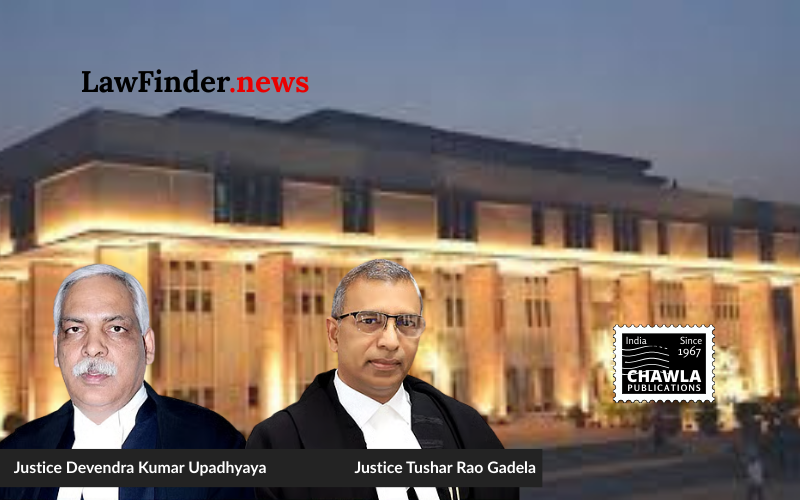Judgment clarifies the scope of DoE's authority to regulate fees charged by unaided schools, emphasizing prevention of profiteering and commercialization
In a significant judgment, the Delhi High Court ruled in favor of unaided schools, affirming their autonomy in fee regulation while delineating the extent of the Directorate of Education's (DoE) oversight powers. The Division Bench, comprising Chief Justice Devendra Kumar Upadhyaya and Justice Tushar Rao Gedela, examined appeals challenging orders by the DoE restricting fee hikes proposed by Bluebells International School and Lilawati Vidya Mandir, both privately run institutions without government aid.
The appeals arose from a previous decision by a Single Judge, who quashed DoE's orders preventing fee increases for the academic sessions 2017-2018, which were intended to accommodate the 7th Central Pay Commission recommendations. The DoE's orders had mandated the schools to refund any increased fees or adjust them in subsequent months, citing the Delhi School Education Act, 1973 provisions aimed at preventing profiteering and commercialization.
In its judgment, the High Court clarified that while the DoE retains authority under Sections 17 and 18 of the Delhi School Education Act, 1973 to regulate fees, such regulation is confined to ensuring that schools do not engage in profiteering, commercialization, or charging capitation fees. The court underscored that the surplus or profits generated must be utilized solely for the school's benefit and not diverted elsewhere.
The judgment drew heavily on precedents set by the Supreme Court, including the landmark Modern School case, which established the principle that schools may fix their own fee structures, provided they do not indulge in profiteering or capitation fees. The judgment reiterated the Supreme Court's stance that regulatory measures are necessary to curb commercialization and exploitation by educational institutions.
The High Court dismissed the appeals, emphasizing that the DoE's powers are limited to preventing exploitation and ensuring that educational funds are utilized appropriately. The court upheld the autonomy of unaided schools in deciding their fee structures within the legal framework, while granting the DoE the liberty to proceed in accordance with law should any infractions of the Delhi School Education Act be perceived.
The ruling is seen as a reaffirmation of the delicate balance between autonomy and regulation in the education sector, reflecting the judiciary's role in safeguarding educational institutions' operational freedoms while ensuring compliance with statutory provisions.
Bottom Line:
Regulation of fees by unaided schools in Delhi - The Directorate of Education (DoE) is empowered under Sections 17 and 18 of the Delhi School Education Act, 1973, and rules framed thereunder, to regulate fees of unaided schools to prevent profiteering, commercialization, and charging of capitation fees.
Statutory provision(s): Delhi School Education Act, 1973 Sections 17(3), 18(3), 18(4), 24
Rumana v. Bluebells International School Kailash, (Delhi)(DB) : Law Finder Doc Id # 2791744




